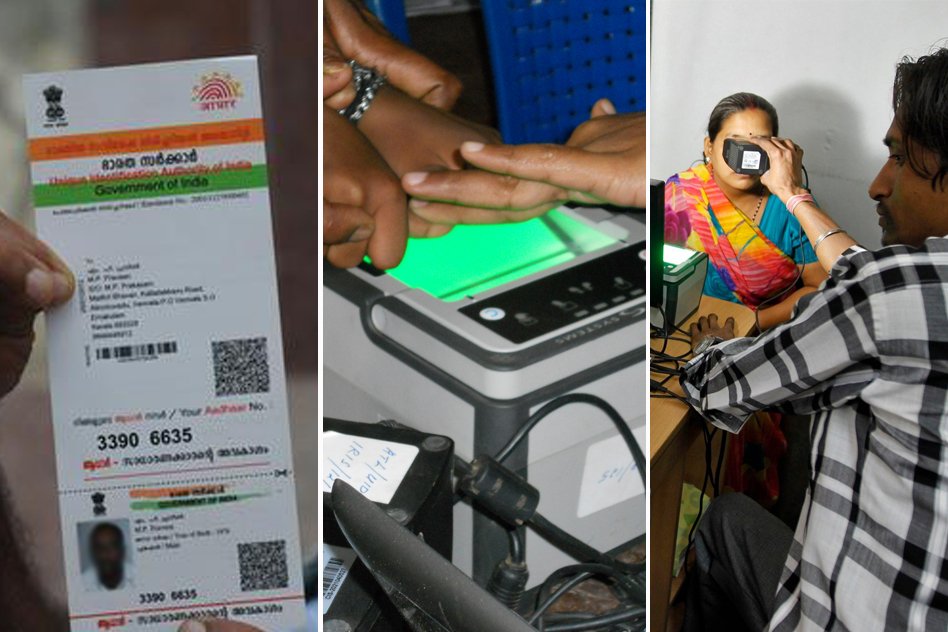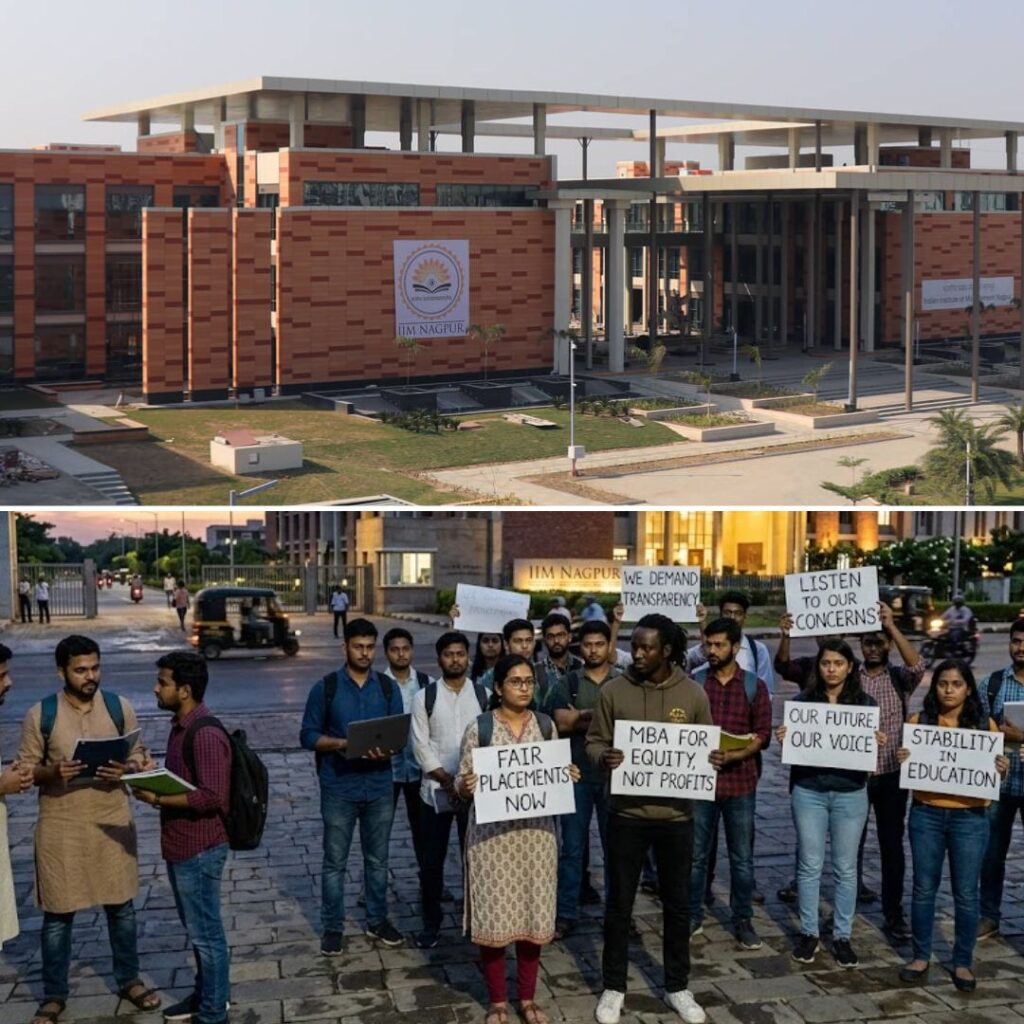Image Courtesy: thehindubusinessline | makemyid | nytimes
The Aadhaar (Targeted Delivery of Financial and Other Subsidies, Benefits and Services) Bill, 2016 will be presented in Rajya Sabha today. As per the provisions of Article 110 ( defines the criteria for money bill) the bill will be presented as a money bill to the Rajya Sabha. The bill which was approved by the Lok Sabha as Money Bill, would be considered as passed after passage of 14 days, even if it does not have the time to actually deliberate on the bill. The bill gives legal teeth to the government in ensuring its subsidies and services reach the intended beneficiaries directly, thereby going beyond the scheme’s current mandate of merely assigning a unique identity to residents.
Aadhar card when first introduced was received well by the public and critics too. There are undoubtedly noble intentions of the government in implementing the Aadhar card scheme. It is still largely viewed as a positive step, however, academics and activists are pleading to roll it back. Let us look at the two sides of the argument.
Some of the existing and intended benefits of Aadhar have been
1.) The usage of biometrics is expected to give a unique identity to every individual. Wrong/fake beneficiaries have been a major issue with many schemes which benefits public.
A problem in reaching benefits to poor and marginalised residents is that they often lack the identification documents they need to receive State benefits, besides they offer a safe and secure platform to directly remit benefits to residents without the heavy costs associated today with benefits distribution. Most importantly it is expected to prevent leakages in the distribution system,
2.) UIDAI will offer online authentication services for agencies who wish to validate a resident’s identity; this service will enable confirmation of the entitlement actually reaching the intended beneficiary.
3.) Aadhaar-Enabled Biometric Attendance Systems (AEBAS) was introduced in government offices to check late-arrival and absenteeism of government employees
4.) In Telangana state, Aadhaar numbers were linked to ration cards to remove duplicate and illegal ration cards.
5.) The National Institute of Public Finance and Policy published a paper titled A cost-benefit analysis of Aadhaar. The paper claimed that by 2015-16 the benefits of the project will surpass the costs, and by 2020-21, the total benefit would be ₹25,100 crore against the total expenditure of ₹4,835 crore. The benefits would come from plugging leakages in various subsidy and social benefits schemes.
Is Aadhar voluntary?
Supreme Court extended the voluntary use of the card to the Mahatma Gandhi National Rural Employment Guarantee Act (MGNREGA), all types of pensions schemes, employee provident fund and the Prime Minister Jan Dhan Yojana. There is a hard push for Aadhaar being used as a mandatory identification number in multiple contexts, and for biometric authentication with a centralised database over the Internet. The number of services for which Aadhar is extended to, one can conclude it is barely voluntary.
The Other Side Of The Coin
Two important sections of the Aadhar Bill
Section 7, the Bill gives the government sweeping powers to make Aadhaar mandatory for a wide range of facilities and services. Further, Section 57 enables the government to impose Aadhaar identification in virtually any other context not mentioned. The Bill allows the government to make Aadhaar authentication compulsory for salary payments, old-age pensions, school enrolment, train bookings, anything and everything.
Unreliability and confidentiality of biometrics
In the Indian context, there is a huge question over the accuracy of biometrics. Due to geographic and socio-economic reasons the thumb impression and iris of a large portion of the indian population who are involved in casual labour get changed or damaged. The aspect seems to have been completely neglected by the UIDAI. The chance of a false positive was 0.057% ( that error margin which could be compounded in the case of India,) and with many crores expected to be in the database, will result in lakhs of false results. There have already been many reports from Rajasthan and other states about biometric scans not showing a match. Information about individuals are priceless for various entities, and it is the high price over the information of individuals that raises the fear of possible breaches of confidentiality and mass surveillance. Most of the databases will be accessible to the government under the national security clause. That would mean, there is a potential breach of privacy which is a pre-condition for civil liberty.
The Logical Indian hope Aadhar Card could fulfill its intended goals and we request the government to ensure there are adequate safeguards put in place to guarantee the confidentiality of data of private citizens. We request the government to look into the viability of biometrics as means to identify many crores of people.













